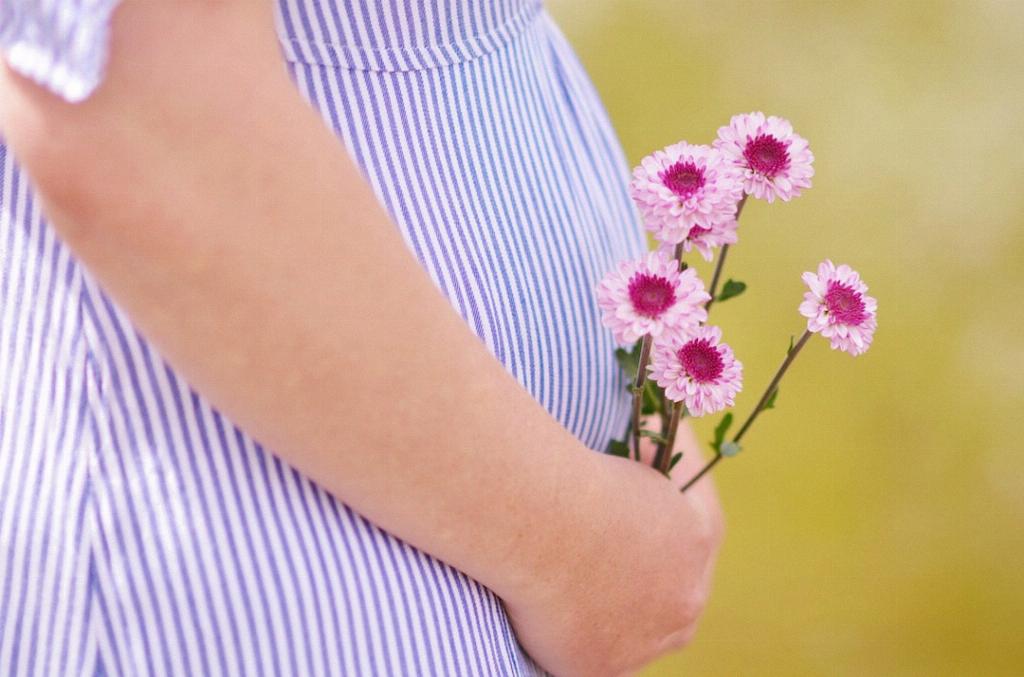Experiencing cramping in the lower stomach during pregnancy can be concerning for many expecting mothers. It’s essential to differentiate between normal, harmless cramps and those that may indicate a more serious issue. In most cases, cramping in the lower abdomen during pregnancy is a common occurrence and is usually not a cause for alarm.
Ligament Pain: The Culprit Behind Cramps
One of the leading causes of cramping in the lower stomach during pregnancy is ligament pain. This discomfort, often referred to as “growing pains,” occurs as the ligaments supporting your growing uterus stretch and adapt to accommodate your expanding belly. These sharp, stabbing sensations typically occur on one side of the lower abdomen and are a natural part of the pregnancy process.
Constipation and Lower Stomach Cramps
Constipation is another prevalent issue during pregnancy, leading to cramping in the lower stomach. The hormonal changes and pressure from your developing baby can slow down digestion, causing constipation. When the bowel movements become infrequent or challenging, it can result in cramping sensations in the lower abdominal region.
The Influence of Uterine Contractions
As your pregnancy progresses, you may also experience mild uterine contractions, known as Braxton Hicks contractions. These practice contractions help prepare the uterine muscles for labor. While they are typically painless, some women may feel cramping or tightening in the lower stomach during these contractions.
Round Ligament Pain: A Common Complaint
Round ligament pain is a type of discomfort that many pregnant individuals experience. This pain occurs as the ligaments that support the uterus are stretched and strained, causing sharp, shooting pains in the lower abdomen. Activities like sneezing, coughing, or sudden movements can trigger these cramping sensations.
Mitigating Cramps with Proper Hydration
Staying adequately hydrated is crucial during pregnancy to prevent cramping and maintain overall well-being. Dehydration can exacerbate muscle cramps and discomfort in the lower stomach. By ensuring you drink enough water each day, you can alleviate the frequency and intensity of cramping episodes.
Treating Constipation-Related Cramps
For individuals experiencing cramps due to constipation, incorporating fiber-rich foods, such as fruits, vegetables, and whole grains, into their diet can help regulate bowel movements and reduce abdominal discomfort. Additionally, gentle exercises, like walking, can aid in promoting digestion and relieving constipation-related cramps.
When to Seek Medical Attention
While cramping in the lower stomach is often normal during pregnancy, certain signs may indicate a more serious issue. If the cramps are severe, persistent, accompanied by vaginal bleeding or discharge, or are worsening over time, it is crucial to seek medical evaluation promptly to rule out complications and ensure the well-being of both the mother and the baby.
Practicing Proper Self-Care
Engaging in self-care practices can help manage cramping during pregnancy. Taking warm baths, practicing prenatal yoga, and using heating pads on the lower abdomen can provide relief from discomfort. Additionally, maintaining a balanced diet, getting sufficient rest, and avoiding strenuous activities can contribute to minimizing cramps and promoting a healthy pregnancy.
Rest and Relaxation for Relief
Resting and prioritizing relaxation can significantly alleviate cramping in the lower stomach. Proper sleep and stress management techniques, such as deep breathing exercises and meditation, can help reduce muscle tension and ease discomfort. Finding moments to unwind and unwind can benefit both the physical and emotional well-being of expectant mothers.
Consulting with Your Healthcare Provider
If you are experiencing persistent or concerning cramping in the lower stomach during pregnancy, consulting with your healthcare provider is essential. Your obstetrician or midwife can provide personalized guidance, offer reassurance, and address any underlying issues that may be contributing to the cramping. Open communication with your healthcare team is key to ensuring a healthy and comfortable pregnancy journey.
Conclusion
In conclusion, cramping in the lower stomach during pregnancy is a common occurrence that can be attributed to various factors like ligament pain, constipation, and uterine contractions. By understanding the causes of these cramps and implementing proactive measures like hydration, dietary adjustments, and self-care practices, expectant mothers can manage discomfort effectively. Prioritizing well-being, seeking medical attention when necessary, and maintaining open communication with healthcare providers are crucial steps in navigating the journey of pregnancy with confidence and peace of mind.

